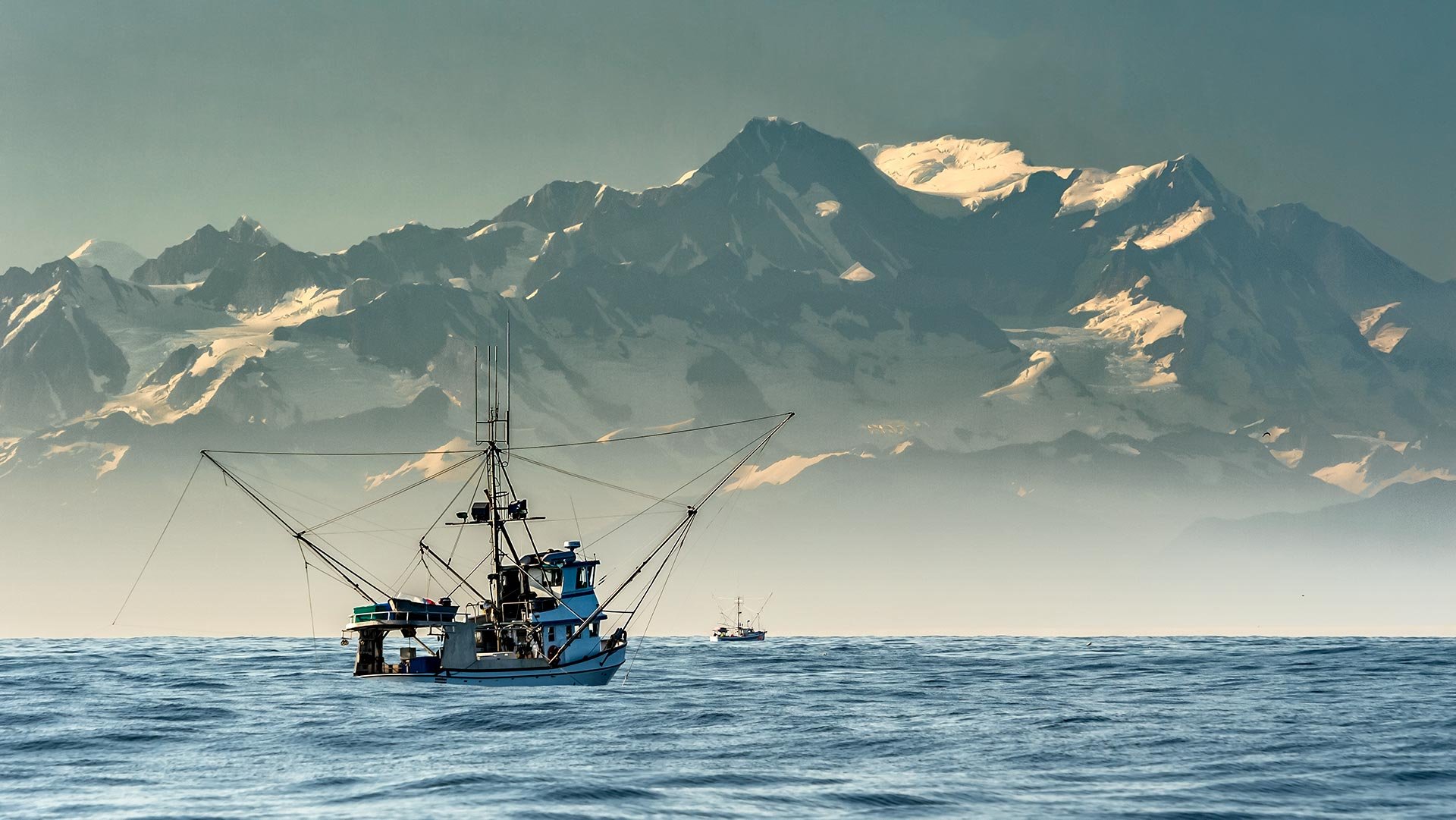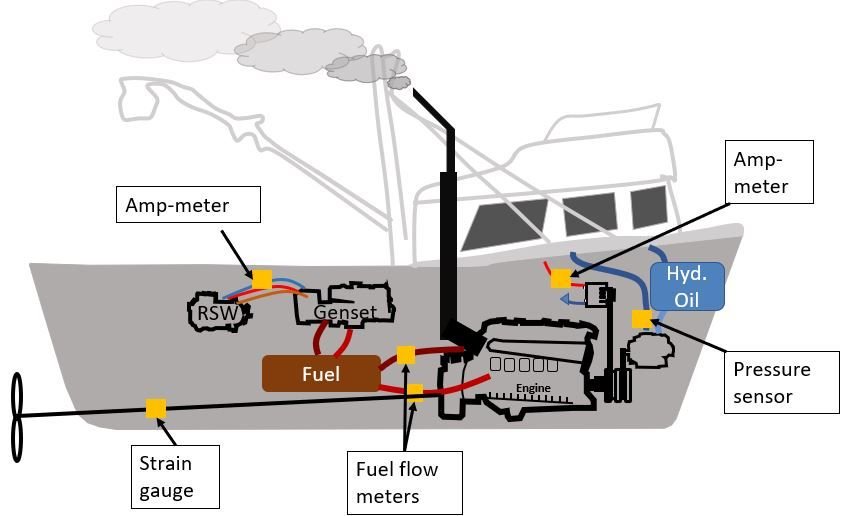VTO Project
The Alaska Longline Fishermen's Association is working with the Department of Energy's Vehicle (vessel, in our case!) Technology Office to reduce carbon emissions in our fishing fleet through innovative propulsion systems. Funded projects may include hybrid diesel-battery, full electric inboard or outboard, or diesel-electric system design and installation.
ALFA continues to explore opportunities to reduce the carbon footprint of our fleet through improved fuel use awareness and efficiency. Working with Chandler Kemp, ALFA is also developing blueprints for converting commercial fishing boats from diesel to hybrid diesel/electric and, eventually, hydrogen fuel cell or full electric. In 2021, ALFA was one of 11 “communities” nationwide that received an Energy Transitions Initiative Partnerships Project (ETIPP) award to work with the National Research Energy Laboratory on the fleet conversion project. The Lab guided ALFA’s energy conversion project through 2021 and 2022 and proved to be a tremendous resource. While we continue to work toward a zero carbon boat, the Labs helped us identify that the viable next step is a hybrid diesel/electric boat. With generous support from the Acme Seafood Company and the AgWest Farm Credit Services, ALFA installed electric deck equipment on one troller/longliner and in 2023 will convert a troller to hybrid propulsion using the Transfluid system. We expect this to be the first commercial fishing boat hybrid in the country–but hopefully the first of many!
ALFA has been awarded $700,000 from DOE to convert two commercial fishing boats to hybrid power and one mariculture vessel to electric.
Project Details
One vessel will be chosen for the demonstration project based on expected fuel savings, replicability within the fleet, and overall project compatibility. If interested, please complete the above questionnaire (available December 1, 2023), which will help better refine the candidates for this current opportunity. Some priority will be given to underrepresented communities.
Project Outcomes include:
1.) Extension of the marine vessel decarbonization network.
2.) ALFA will facilitate a recruitment effort to accelerate an energy transition in the fishing fleet.
There are obligations as the recipient of this opportunity. Included is the planned schedule for implementation:
Sea Trials occur March 2024 -- Kempy Energetics will carry out the sea trial, expected time to complete the trial is about eight hours including two hours at sea.
Vessel energy profile and component sizing March to July 2024 -- To observe the energy use through a season, a Maretron data logging system will be installed to observe fuel consumption, hydraulic use, tachometer readout, and vessel speed.
Retrofit November 2024 – We will work with local marine experts and a hybrid system supplier; the vessel will be retrofitted in Sitka.
Sea Trials after retrofit March 2025 -- We will team with the hybrid supplier to ensure proper commissioning of the system and test to see the realized benefits of the hybrid vessel.
Public outreach through the 2024/25 season – There will be several days of public outreach to report the benefits and challenges of hybridization including press reports and interviews of involved parties. These appointments would consider the fishing season.
The owner or captain must be involved in planning, development and installation of hybrid system, and agree to data collection of vessel power consumption before and after retrofit. Studies of the vessel before and after retrofit will include sea trials, fuel consumption, speed, tachometer, hydraulic use, etc. The information regarding the vessel study will be published but will not include location data. During testing, installation, and fishing after retrofit, a technician will be onboard to test and verify functionality of system. The vessel should be scheduled to participate in consistent fisheries or seaweed/shellfish harvests to optimize system selection since power demands vary by operation. The proposed retrofit should not alter the fishing capacity, but system improvements may be identified to increase efficiency.
Due to the availability of funding and resources, vessel selection will be limited to Sitka, which may be accommodated by relocating the vessel to Sitka for sea trials, measurements, planning, and installation.
CLICK HERE TO VIEW THE VTO PROJECT TECHNICAL VOLUME
December 2023
Read article in National Fishermen by Linda Behnken and Kay Kreiss of Transition Sitka: REDUCING CARBON EMISSIONS IN THE FISHING FLEET
May 2024




